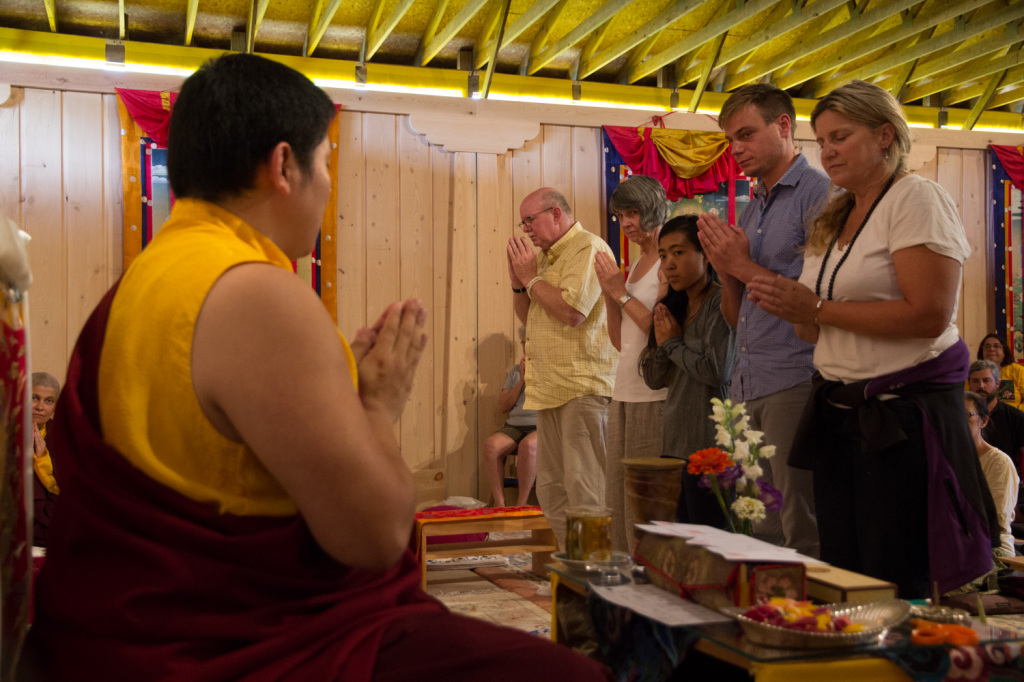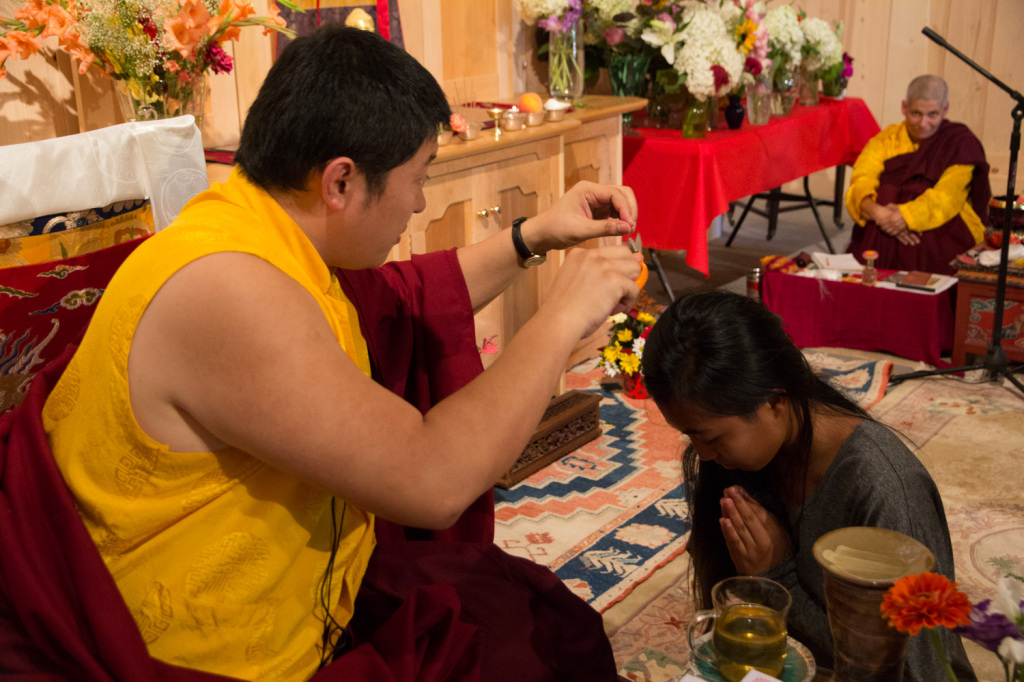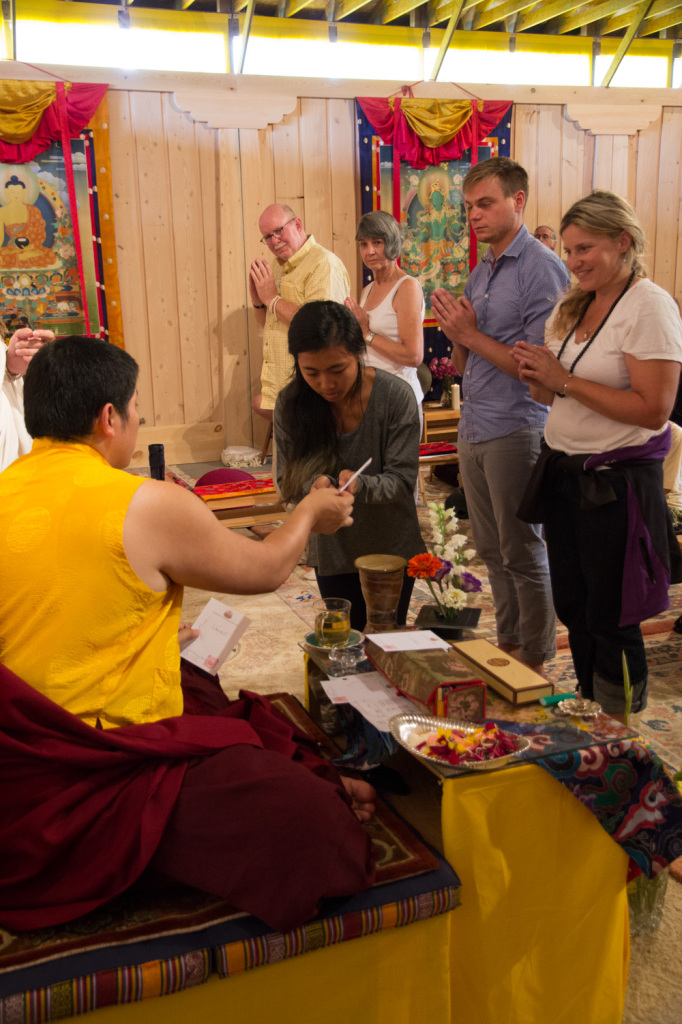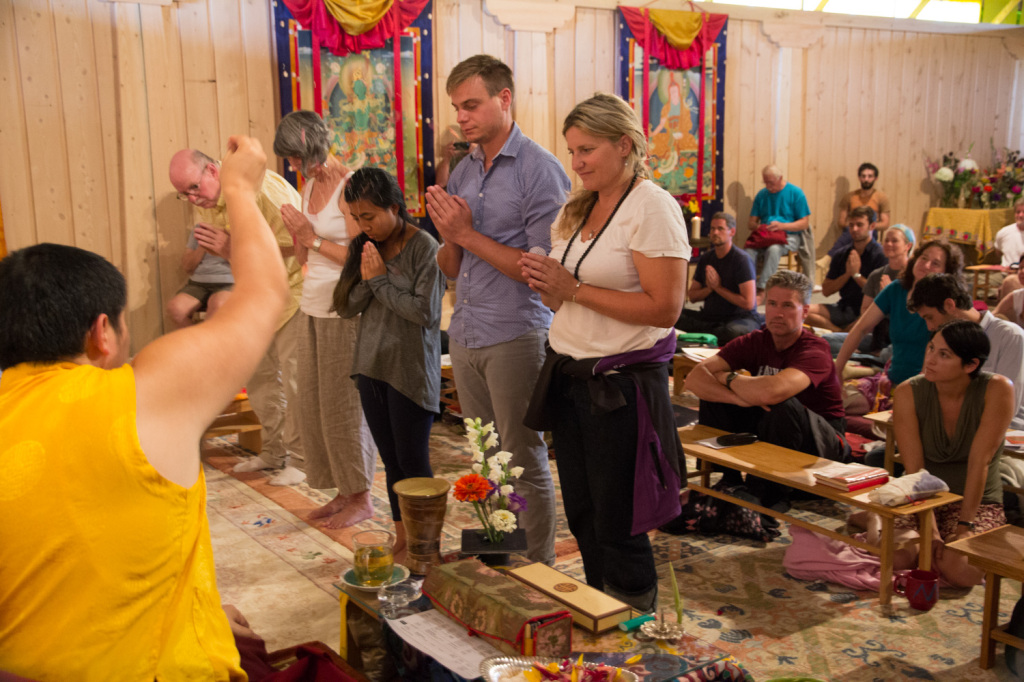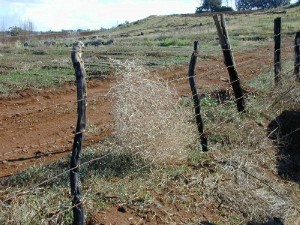I began journaling when I was traveling extensively on business. I’d see something and sense the potential for insight that would come, if at all, only after I had time to reflect. That’s when I began making notes as breadcrumb trails to explore later.
Blogging turns out to be better. It motivates me to try harder to uncover what I can’t see. Also, I get help. Some comments start me on long journeys.
Harold, for example, commented on my post several months ago: “Buddhism is epitomized by how I treat a grandchild, with a great deal of caring and kindness. Now for some reason as people grow older we stop treating them like we would treat our young grandchildren.”
The first note I made was: “Caring and kindness seem to be the expression of our fundamental nature. It manifests without impediment with young children but is obscured with adults by caution. They are not so vulnerable and could be a threat. It is more completely obscured with old people by fear. They are all too obviously close to what we fear most, death.”
Then came this tangential thought: “Like many teenagers I sought a purpose for my life. My mental model was trading. I imagined having an amount of time I could invest for a return and that I must decide what return I wanted and how much to invest. Maybe this is why I went into business despite an instinct that it would not by itself offer a sufficient return.”
Presumably I added the next note because the discussion started from Buddhism: “It is easier to see now the only certainty, a time will come when we can no longer enjoy whatever return we assemble because we will die. We may not even live long enough to assemble any return.”
But next came a segue I couldn’t account for: “Every October my mom would buy a few fireworks. Then she would buy a few more. We never had much money and my dad felt they were a waste. That’s why my mom only bought a few. But she loved fireworks. That’s why she bought a few more. Then a few more. On Guy Fawkes night my dad worried the fireworks would set something on fire. My mom and I enjoyed them. My dad was relieved when they were over with no accidents.”
Those memories are happy, mostly, and they led me to search for a video of fireworks. The unhappy aspect is my father’s worry and that his most positive feeling was relief when it was over.
Presumably, that’s what reminded me of something else: “My mom also enjoyed putting empty toothpaste tubes in the kitchen coal stove where the air trapped inside them expanded until, after a suspenseful wait, there was a loud explosion. My dad really hated that.”
This morning when I meandered along this breadcrumb trail once again it struck me at last how toothpaste and firework explosions relate to Buddhism.
Rainbows are used in Buddhist teaching as an example of something that is real in quite a different way from what we see. Rainbows look almost solid. That’s because we think things are solid even when we know they are not. We know if we go toward the end of the rainbow looking for a pot of gold, it will keep moving away but nevertheless, the rainbow seems real. The way we interpret it is deluded.
Our experience of the light display from fireworks is different. The rainbow persists long enough to appear solid; the display from the firework changes fast so we don’t tell ourselves a story about its nature. We see a firework as an experience, not a thing.
An exploding toothpaste tube is different again, long anticipation, then, with no way to know when it will occur, an instantaneous blast. Surprise! The whack of a stick by a Zen Buddhist master might startle me into seeing past my fog of concepts. The recollected toothpaste blast just revealed the fundamental difference between my mother and father — one loved and the other hated surprises.
How does any of this relate to Doma?
At school in England in that time of fireworks we got religious instruction, stories from the Bible that seemed to have no relevance to our situation two thousand years later in a very different world. Jesus’ Great Commandment to “love thy neighbor as thyself” did penetrate my indifference, though. In fact, it felt to be the most important principal of all for a good life. But it puzzled me. Some of my schoolmates were very cruel, always pouncing on anyone vulnerable. Should I love them? And while I had a couple of close friends, it did not seem worthwhile even talking with most of the boys.
Harold’s comment about Buddhism got me thinking about my practice of prayer to “train in impartial love and compassion.” I now see what I didn’t see when I was in school, that our actions, good, bad and neutral, are one thing and our fundamental nature is another. Our impartial love and compassion is obscured by misconceptions and habits that we can train ourselves to discard.
The first love we experience, love for our mother, arises because she nurtures us; it feels good but its root is selfish. Love for our children is also programmed but is less selfish. I have no experience as a grandparent but I don’t doubt that it does, as Harold says, tend to manifest more selflessly. We expect to feel it, so it is programmed, but we feel less need to discipline young grandchildren so we less often trigger their selfishness. Love for grandchildren comes with fewer expectations.
How this relates to Doma is that my experience as her sponsor was not programmed and it did not accumulate expectations. We live far apart and she was eleven when we met. Our interactions developed slowly and grew closer only as she became a young adult. The feeling I have as a result of that happenstance is something I’d have to call love but it’s a different kind from any other experience I would give the same name.
The feeling that has emerged from my interactions with Doma gives me a sense of how impartial love may feel even though I cannot call what I feel now impartial. I only help Doma because I judge her to be worthy of help. I do now have a sense of how it would feel, though, if, instead of first making a judgment about people’s relative worthiness, I had the same powerful desire to help everyone.
What about impartial compassion? Children love but do not feel compassion for their mother. They lack any sense that their mother might suffer. Parents experience compassion for their children — when they’re not feeling impatient, infuriated, disappointed or proud. But how does impartial compassion feel? My experience with Doma is instructive here, too. The way it evolved helps me recognize what she’s feeling without also feeling it myself.
And how does impartial compassion relate to fireworks? Because Doma is alert, enthusiastic and curious, she will definitely create surprises. Mostly they will, like fireworks, be happy-making because she has good sense, but surely not all her decisions will be right. I will need the joyful anticipation of surprises I learned from my mother to maintain impartial compassion no matter what.
Wandering from Harold’s comment about love for grandchildren via my remembrance of fireworks and exploding toothpaste tubes to my experience helping Doma has at last shown me how and why it’s so valuable to train in impartial love and compassion — because I’m not swamped by sharing Doma’s emotions when circumstances spark them, I can more clearly see how to help.
I must continue training in impartiality.
May 2018 update – Doma graduated in four years with a BA in Mathematics and Interdisciplinary Studies. 

